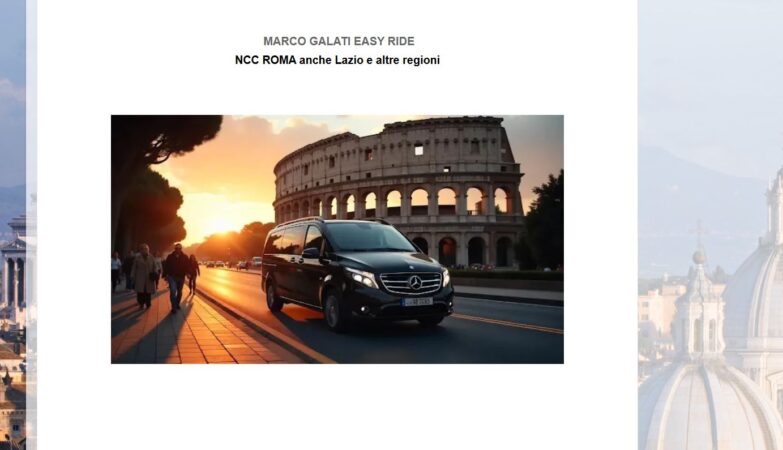Takeaway coffee cups have become a daily convenience for millions of people around the world. However, this convenience comes at a high environmental cost. The production, use, and disposal of these cups significantly negatively impact our planet. It’s time to take a closer look at the ecological footprint of takeaway coffee cups and consider sustainable alternatives that can help reduce waste.
The Problem with Takeaway Coffee Cups
1. Non-Recyclable Materials
Most takeaway coffee cups are made from a combination of paper and plastic, making them difficult to recycle. The plastic lining inside the cup prevents it from being quickly processed in standard recycling facilities.
- Plastic lining: This layer helps prevent leaks but also creates a barrier to recycling.
- Mixed materials: The combination of paper and plastic requires limited specialised facilities.
2. Massive Waste Generation
Billions of takeaway coffee cups are discarded yearly, contributing to landfills and littering the environment. This waste takes years to decompose, releasing harmful substances into the soil and water.
- Global consumption: It’s estimated that 500 billion coffee cups are used globally yearly.
- Decomposition: The plastic in these cups can take up to 30 years to break down, contributing to long-term environmental pollution.
The Environmental Impact
1. Deforestation and Resource Depletion
The paper used in takeaway coffee cups comes from trees, and the demand for cups means more deforestation. Producing these cups also requires water, energy, and other natural resources.
- Tree loss: Millions of trees are cut down annually to meet the demand for paper cups.
- Water consumption: A significant amount of water is required to produce paper and plastic components.
2. Carbon Emissions
The production, transportation, and disposal of takeaway coffee cups contribute to greenhouse gas emissions, which affect the environment and accelerate climate change.
- Production emissions: The manufacturing of cups releases carbon dioxide and other greenhouse gases.
- Transportation: Shipping millions of cups worldwide adds to the overall carbon footprint.
Time for a Sustainable Shift
The current use of takeaway coffee cups needs to be revised. Fortunately, there are alternatives and changes we can all make to reduce this environmental impact.
1. Reusable Coffee Cups
Switching to reusable coffee cups is one of the most effective ways to reduce waste. These cups can be used repeatedly, reducing the need for disposable cups.
- Long-term benefits: A reusable cup can replace hundreds of single-use cups.
- Variety of materials: Reusable cups come in various eco-friendly materials like stainless steel, bamboo, and glass.
2. Compostable and Biodegradable Cups
Some companies are introducing compostable and biodegradable takeaway coffee cups as an alternative to traditional plastic-lined cups. These cups break down more quickly and are better for the environment.
- Compostable materials: Made from plants, these cups decompose quickly in industrial composting facilities.
- Biodegradable options: These cups naturally break down over time, reducing their environmental footprint.
3. Encouraging Change
Businesses and consumers need to work together to shift towards more sustainable options.
- Incentives for using reusable cups: Some coffee shops offer discounts for customers who bring their own cups.
- Government policies: Banning or taxing single-use coffee cups can encourage people to switch to reusable alternatives.
Conclusion
The environmental impact of takeaway coffee cups is a growing concern. With billions of cups discarded every year, it’s time to make a sustainable shift. Switching to reusable cups, promoting biodegradable alternatives, and encouraging behavioral changes can significantly reduce the damage caused by disposable coffee cups. Both individuals and businesses must take action to reduce waste and move towards more eco-friendly solutions.











